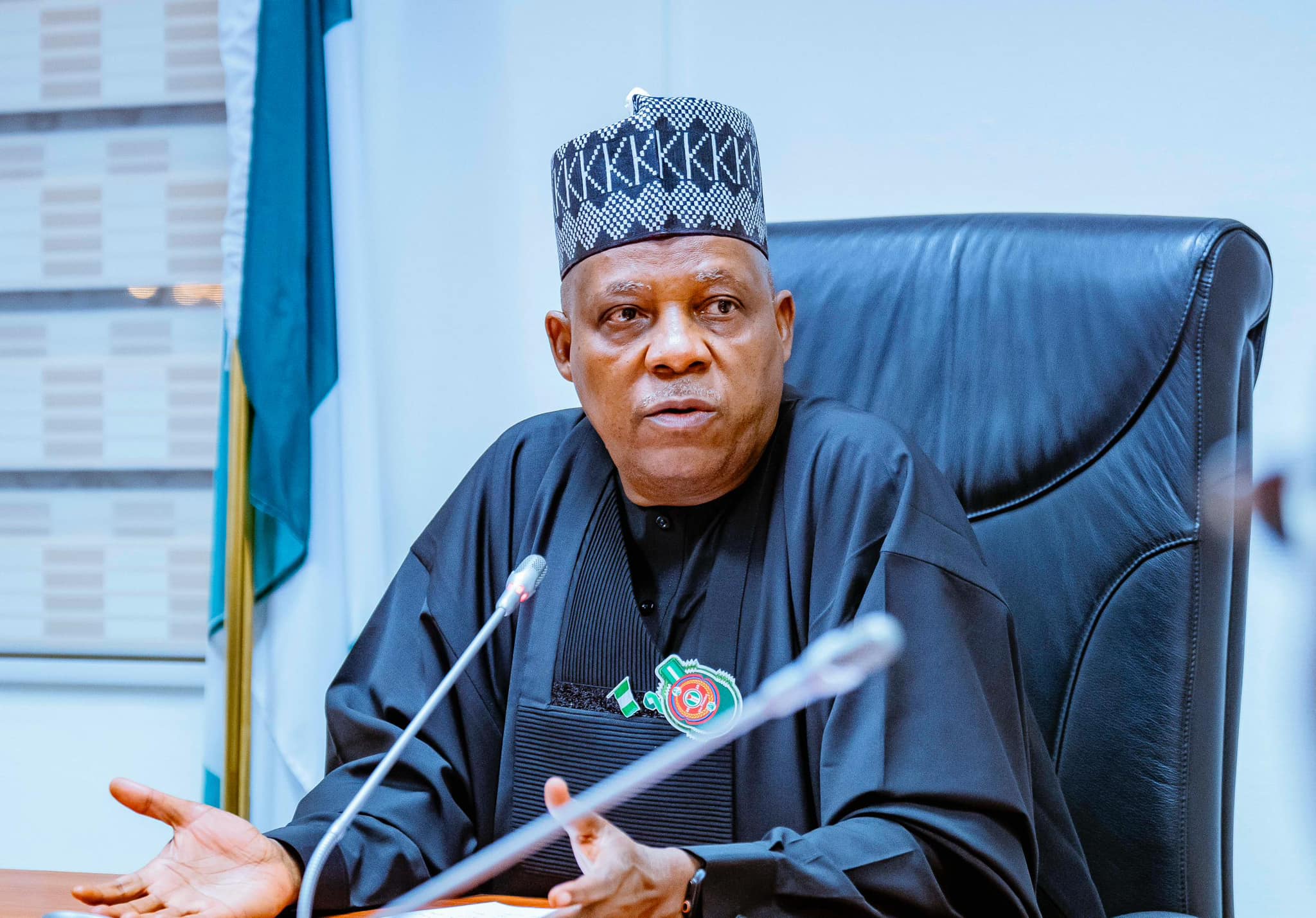Nseobong Okon-Ekong
The Federation of State Gaming Regulators of Nigeria (FSGRN) has accused the National Assembly of desecrating the supremacy of the Constitution and the finality of the Supreme Court through its ongoing consideration of the proposed Central Gaming Bill 2025.
In an open letter addressed to the Body of Benchers, the Nigerian Bar Association (NBA), and a host of eminent Senior Advocates of Nigeria(SAN), including Professor Auwalu Yadudu; Chief Wole Olanipekun; Femi Falana; Mike Ozekhome; Kemi Pinheiro; Chief Robert Clarke; Professor Itse Sagay; and Dr. Olisa Agbakoba,—the FSGRN warned that the proposed bill represents “an open affront on the supremacy of the Constitution and the authority of the Supreme Court.”
FSGRN, which represents state gaming and lottery regulators across the federation, noted that the National Assembly’s attempt to reintroduce federal control over gaming and lottery matters directly contravenes a binding judgment of the Supreme Court delivered on November 22, 2024, in Attorney General of Lagos State & 21 Ors v. Attorney General of the Federation & National Assembly (Suit No. SC.1/2008).
In that landmark judgment, the apex court ruled unequivocally that the power to legislate and regulate lotteries and gaming resides exclusively with state governments, not the federal government. The court consequently nullified the National Lottery Act (CAP N145) and issued orders restraining the federal government and its agencies from enforcing any of its provisions within the states.
“These pronouncements are not advisory opinions—they constitute the final judgment of the Supreme Court of Nigeria, binding on all authorities and persons,” the FSGRN emphasized, citing Section 287(1) of the Constitution, which mandates that the decisions of the Supreme Court be enforced in all parts of the Federation.
The Federation warned that by seeking to legislate anew on gaming—a matter already determined by the highest court—the National Assembly was effectively undermining both the doctrine of separation of powers and the supremacy of the Constitution as enshrined in Section 1(1) and (3) of the 1999 Constitution (as amended).
“The attempt by the National Assembly to reintroduce federal jurisdiction through the Central Gaming Bill 2025 not only undermines the authority of the Supreme Court but also constitutes a direct violation of constitutional order,” the letter read.
The group urged the Body of Benchers, the NBA, and senior members of the bar to take a public stand in defense of judicial integrity and constitutional democracy, warning that silence could embolden further encroachments on the judiciary’s authority.
“We therefore, call upon the Body of Benchers, as the custodian of legal ethics and constitutional fidelity; the Nigerian Bar Association, as the conscience of the legal profession; and our foremost constitutional lawyers and statesmen, to publicly defend the integrity of our democracy and resist any legislative attempt to reverse, distort, or disregard the binding pronouncements of the Supreme Court,” the federation appealed.
The FSGRN reaffirmed its “unwavering commitment to the rule of law, cooperative federalism, and the sanctity of judicial authority,” describing these as “pillars of Nigeria’s democracy.”
The controversy over the Central Gaming Bill 2025 has reignited long-standing debates about the proper limits of federal legislative power and the autonomy of states in regulating economic activities within their jurisdictions.
If the National Assembly proceeds with the bill despite the Supreme Court’s ruling, legal experts warn that it could set up another constitutional confrontation—testing not just the resilience of Nigeria’s federal structure, but also the nation’s commitment to judicial supremacy.


